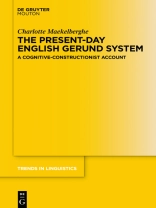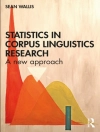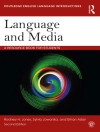This study offers a first comprehensive synchronic account of the Present-day English gerundial system. Most synchronic studies of gerunds have hitherto focused on the verbal gerund, scrutinizing its categorial status or comparing it with other non-finite clausal structures. A systematic comparison with its nominal counterpart, however, is lacking. Based on a detailed empirical analysis of lexico-grammar and semantics, this study develops an innovative cognitive-constructionist model of the English gerund system which depicts the usage profiles of nominal and verbal gerunds in terms of probabilistic trends rather than by means of categorical labels. It is shown that a better understanding of the functioning of the English gerund system requires a description that operates on multiple levels, accounting for both the abstract construal gerunds can impose on an event as well as the token-level constraints on variation between the two gerund types. This multifaceted approach, it is argued, not only offers a new perspective on the configuration of ing-forms in Present-day English, it can also be of relevance to the description of other complex grammatical structures.
عن المؤلف
Charlotte Maekelberghe, KU Leuven, Brussels, Belgium.












